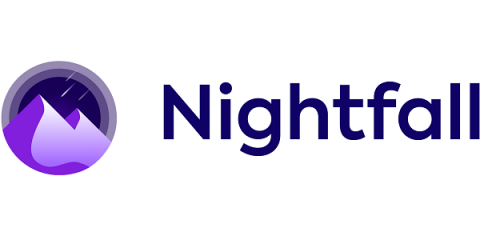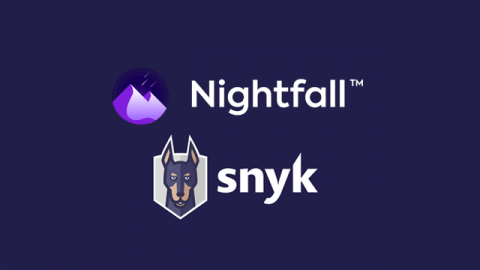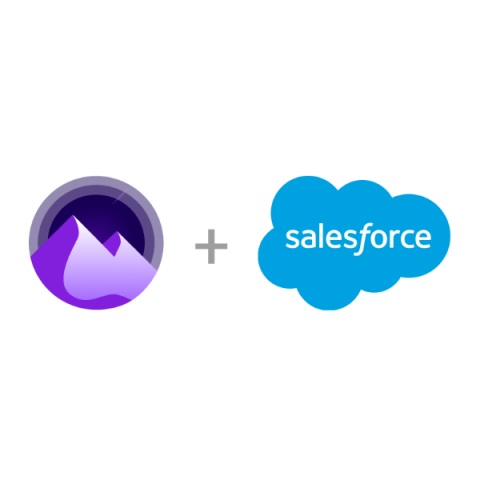A Quick Guide To Information Security Programs
Broadly speaking, an information security program is a set of activities and initiatives that support a company’s information technology while protecting the security of business data and enabling the company to accomplish its business objectives. An information security program safeguards the proprietary information of the business and its customers. The Gramm-Leach-Bliley Act (GLBA) has a more specific definition of what a security information program should entail.










